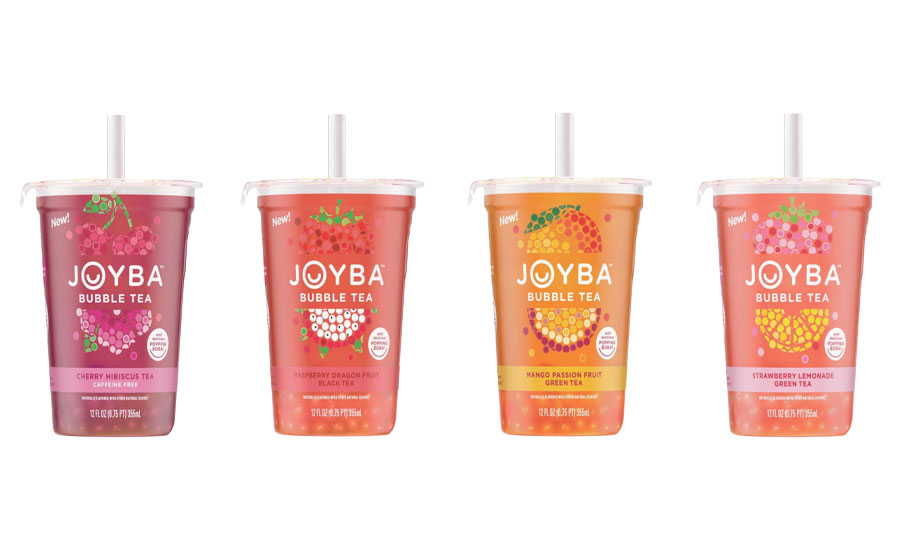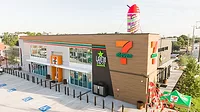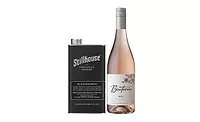Between Drinks
Coffee, tea markets continue to thrive
Tea market offers many varietals to sip and savor
Since the pandemic, I’m now a full-time remote managing editor/writer and will remain so. Working remotely has garnered significant benefits in terms of money saved on transportation costs (gas, tolls, car insurance), as well as time saved. I’m also spending considerably less by not eating lunch out, not to mention stops at Dunkin’ for my daily coffee or tea fix.
As with everything, the cost of coffee and tea differs around the globe and your total savings largely will depend on how many drinks you regularly consume. Based on an average cost of $3.89 a drink, or about $20-$25 a week, I’m saving about $1,000-$1,300 a year on my morning caffeine fix alone.
Thanks to one of my favorite Christmas gifts, a Ninja coffee maker, there’s added versatility because it offers separate coffee and tea filters. This enables me to brew my favorite beverages at home with a touch of the button in five ways: classic, rich, over ice, cold brew and specialty.

Although the debate rages about which beverage is best — tea or coffee — both markets are thriving.
The tea market is growing because there’s so many different varietals to sip and savor — green, black, oolong, fruit/herbal and more. A “Tea Market by Type” report from Allied Market Research reports that the global tea industry generated $55.14 billion in 2019, and is expected to reach $68.95 billion by 2027, growing at a compound annual growth rate (CAGR) of 6.6% from 2020 to 2027.
The ready-to-drink (RTD) coffee market also is piping hot. Driven by demand for functional coffee, the market is forecasted to top $18 billion by 2026, a 14.2% CAGR from 2020, according to Mintel.
But foodservice sales of coffee and tea also are propping up the categories. Starbucks drive-thru’s and foodservice coffee sales are bustling. For the fourth quarter, the Seattle-based company’s consolidated net revenues are up 31% to a record $8.1 billion, it said in an Oct. 28, 2021, statement. The Starbucks Rewards loyalty program also is going gangbusters, with 24.8 million consumers (a 28% increase) enrolled in the program on the Starbucks app.
Ahead of the Year of the Tiger and the Chinese New Year on Feb. 1, my family and I ventured to Chinatown for some small bites of dim sum along with some iced passion fruit Bubble Tea. Made with tea and sweetened with milk, the drink also contains balls or “pearls” of chewy tapioca.
Luckily, a trip to Chinatown is no longer required to enjoy Bubble Tea since Joyba In Bubble Tea, a brand of Del Monte Foods, released its beverages to such retailers as Costco, Albertsons, Circle K, Safeway and Target.
Joyba Bubble Tea contains popping boba and is available in four flavors: Strawberry Lemonade Green Tea, Raspberry Dragon Fruit Black Tea, Mango Passionfruit Green Tea and Cherry Hibiscus Tea.
“We created Joyba Bubble Tea to offer a new, unique and fun experience that also tastes delicious,” said Mario DiFalco, vice president of marketing, for the Snacks Business Unit, at Del Monte Foods, in a statement. “Joyba Bubble Tea can be enjoyed between classes, after work or school, or as an experiential pick-me-up treat. We’ve created a burst of refreshingly fruity, popping boba which creates unexpected textures — we hope it brings joy to those who drink it.”
Looking for a reprint of this article?
From high-res PDFs to custom plaques, order your copy today!






